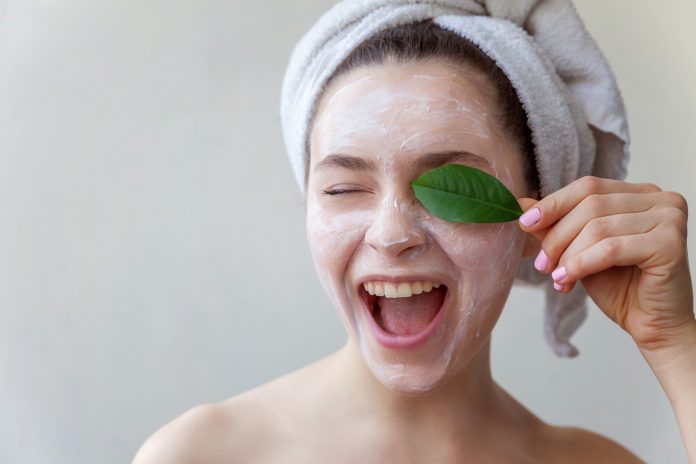Many adult customers may feel that, because they’re not a teenager, they shouldn’t have acne, and pharmacists may have to deal with their questions as to why they’re affected by the condition.
While acne commonly affects those in their teens, it also commonly occurs in adulthood. Clearly, advice should cover specific areas relating to each individual’s needs, but some general advice can help those experiencing adult acne.
Dealing with acne is frustrating at any age and can affect confidence and self-esteem, yet with the proper advice and support, it can be effectively managed.
Adult acne is defined as that which continues past the ages of 18 to 20. Adult acne more commonly affects women than men and is often associated with hormonal fluctuations.1
Why do we get adult acne?
Acne is associated with a build-up of bacteria that grows inside the pores of the skin when these are blocked. This growth damages the skin, which leads to a build-up of dead skin cells and bacteria, which then form as a pimple or nodule on the skin.2
Additionally, using hair and skin products and makeup that clog pores can also cause acne to form.2
Acne can also be caused by hormones influenced by the menstrual cycle, health conditions, and stress. Androgen hormones can build up and cause the skin to produce too much oil, causing the pores to become blocked. Those who have health conditions such as polycystic ovarian syndrome are often affected by acne. Hormone fluctuations can also occur during the menstrual cycle and in those under stress, with an increase in hormones causing acne to develop.2
Prevention
Acne can be prevented by avoiding products that block pores, and by maintaining a good skincare regime, including:
- Washing the face twice a day with a gentle cleanser, helping to keep the face clean and removing bacteria and irritants from the skin.
- Removing makeup before bed to avoid blocked pores.
- Wearing sun protection.
- Shampooing hair to avoid the oils from the hair resting on the skin.
Managing acne
Pharmacists can recommend a gentle, soap-free cleanser to be used twice a day with warm water. Washing skin too frequently should be avoided, as this can aggravate acne. Additionally, it’s important to manage the patient’s expectations, with acne treatments usually taking between one and two months to bring improvements. Therefore, patients should be encouraged to continue to use the treatment even if they don’t see results right away.
Treatment of adult acne will differ for everyone. For those with milder cases, pharmacy products with ingredients such as benzoyl peroxide, azelaic acid, salicylic acid or glycolic acid can treat the condition.3
However, for those with more severe acne, it’s recommended they work with a doctor or dermatologist to find the appropriate treatment, which often involves prescription medicines such as antibiotics, creams and retinoids to help treat and remove infection and irritation.4
If the use of creams doesn’t improve the condition, doctors can recommend oral medicines such as antibiotics, anti-androgen medicines, the contraceptive pill, and oral isotretinoin. Each is prescribed depending on the individual, their unique skin type, and the underlying cause of the acne.
Pharmacists should advise those with severe acne to see a GP or dermatologist, as in some cases when left untreated, acne can leave scars on the skin.
Encouraging everyone to take care of their skin and offering support to those suffering from adult acne can enable patients to take the steps to manage their acne and find the right treatment.
References:
- Australasian College of Dermatologists. ‘Adult acne’. 2019. dermcoll.edu.au/atoz/adult-acne/.
- ‘Acne’. 2021 healthdirect.gov.au/acne.
- Harvard Health. ‘Adult acne: understanding underlying causes and banishing breakouts’. 2019. harvard.edu/blog/adult-acne-understanding-underlying-causes-and-banishing-breakouts-2019092117816.
- All About Acne. ‘Why adults with acne don’t seek treatment’. 2023. acne.org.au/2023/07/why-adults-with-acne-dont-seek-treatment/
This feature was originally published in the September issue of Retail Pharmacy magazine.




